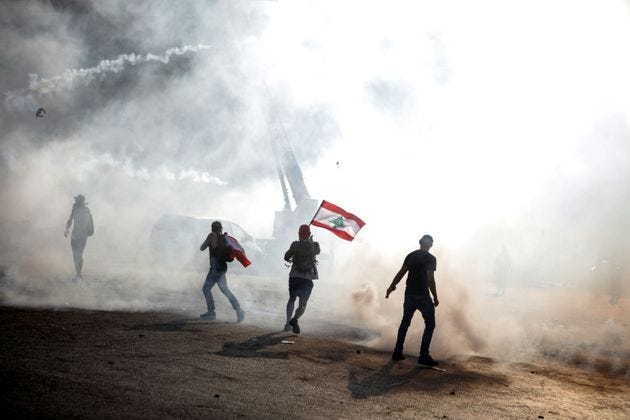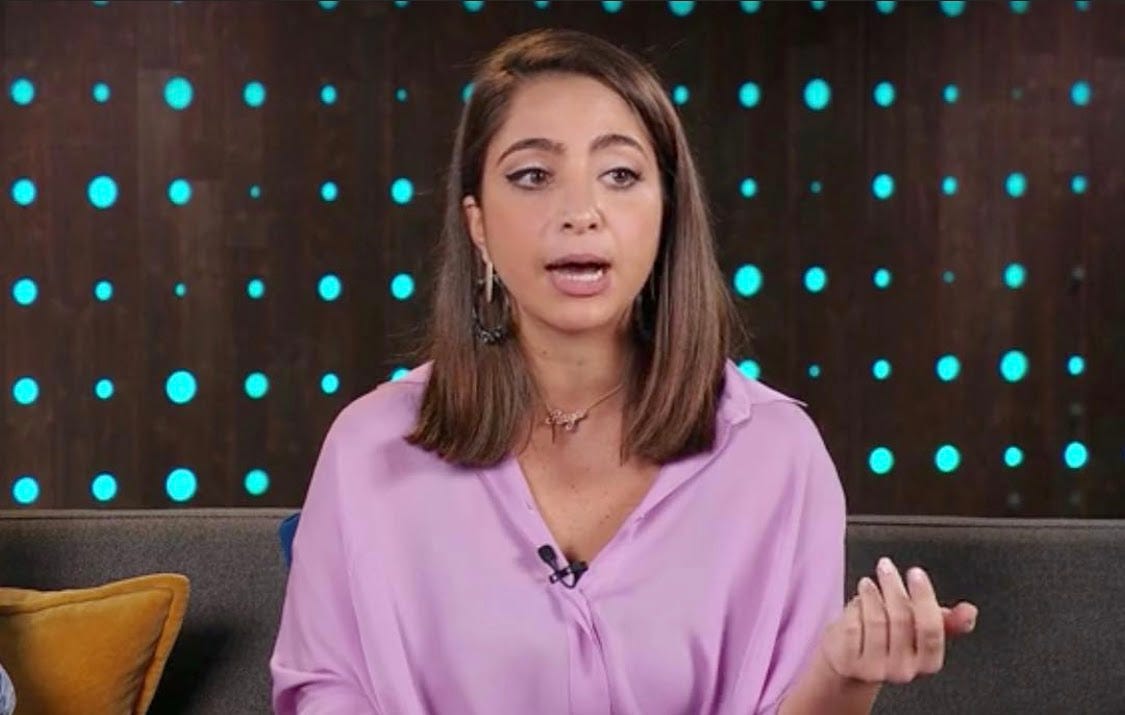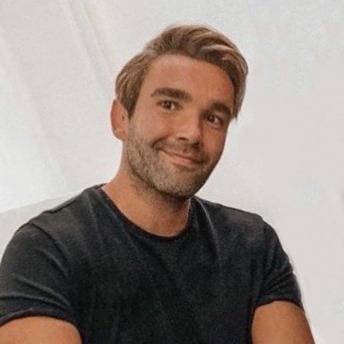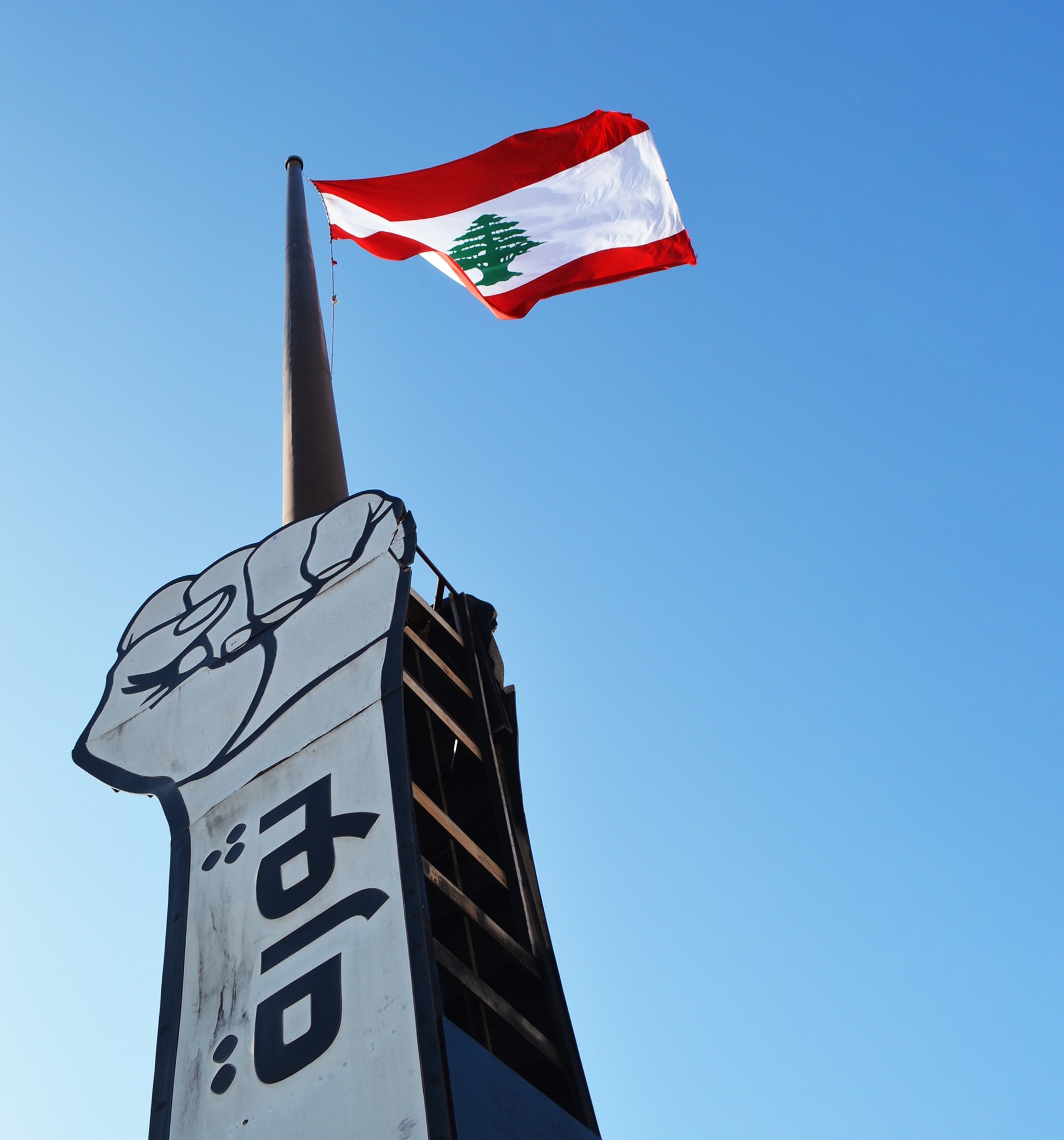As time goes by, I unfortunately see more and more the lack of interest of European Media outlets in showing to the rest of the world what’s happening in some under-developed countries. For instance, at least 6.2 million people have had to leave their homes inside Syria, and over 7.5 million children are currently in need and dying.
I’ve barely seen that on TV.
When a topic is not directly affecting us, it can be easy to turn our backs on it and not pay real attention to it. But this should not be our first instinct. We should inform ourselves, understand what’s happening, and be open to changing opinions if need be.
“What if 2020 is the year we’ve been waiting for? A year so uncomfortable, so painful, so scary, so raw — that it finally forces us to grow. A year we finally accept the need for change. Declare change. Work for change. Become the change.”
Leslie Dwight
A few months ago, I stumbled upon an Instagram Story that resonated with me a lot. Eva Chen, Head of Fashion at Instagram, shared a conversation she had with Lindsay Peoples, Editor-in-Chief at Teen Vogue, and it is there that I heard the phrase “accountability culture” for the first time.
And I agree with Eva: cancelling people for not caring about a specific topic doesn’t give them a chance to learn and take accountability by doing the research and addressing it head-on. This notion helped me reframe my entire behaviour.
So let’s go back to the core topic of this article. Think about a country where more than 50% of the population lives under the poverty line, where the currency lost 85% of its value in 10 months, and where the unemployment rate is at 40%. Taking it even further, think about a country with daily power cuts that last up to 22 hours per day, with no real access to clean water, and where the government is violating people’s rights and hiding crimes to this very day.
Surprisingly, we’re talking about a country closer than you would think. We’re talking about Lebanon.

WHEN ENOUGH HAS BEEN ENOUGH
If reading all these stats made you raise an eyebrow, let’s now learn about the two main events that have been the trigger for a revolution.
October 17th, 2019
The tipping point for the Lebanese people happened when the government announced a new WhatsApp tax to generate money for the country’s 2020 budget. This ignited the biggest revolution the country had ever seen, which uncovered years of deep dissatisfaction with those in power.
It is on this historic day that people marched together in unity to reject the status quo. Lebanese flags took the place of political symbols, banners of leading politicians were torn down, and the national anthem replaced typical chants supporting the country’s political factions. To this day, the Lebanese are still taking to the streets to fight for their rights peacefully.

August 4th, 2020
The real turning point for this revolution happened on this fateful day. An enormous explosion reduced Beirut to rubble, killing more than 200 people and driving over 300,000 survivors to homelessness. Over 100 people are still missing.
The blast was caused by 2,750 tonnes of ammonium nitrate, a chemical compound commonly used as an agricultural fertiliser, which had been stored for six years at a port warehouse. Many alarms were sounded urging government officials to arrange for safe disposal of the chemicals. Figuratively speaking, that bomb had been ticking for seven years, and nothing was done to stop it.
The root cause of this disaster was government negligence and corruption. This catastrophe could have been easily avoided and spared the Lebanese yet another tragedy.
INTERVIEWING RAYA KHAYAT
As part of my “Field Notes for Change” project where I highlight voices that are opening up new conversations and breaking boundaries, I have decided to interview Raya Khayat. She’s leading a global movement that attracted the attention of public figures such as Dua Lipa, Ariana Grande, Madonna, Victoria Beckham, Kylie Jenner, and even Amal & George Clooney.
Raya Khayat is part of the International Business Development & Strategy Team at Apple, and Co-Founder of Impact Lebanon, a non-profit organisation that brings the community together to pursue initiatives, or “projects of good”, for Lebanon.

What do you think has been the tipping point for the Lebanese revolution back in October?
To be honest I’ve asked myself this question so many times. We’ve been living with a corrupt government for years, and unfortunately we were used to it. It was the status quo. It had become a joke.
That’s why I left Lebanon back in 2015; and why so many of my friends did the same. In the US, people would always ask me where I was from, that I looked ‘exotic’. And when I would reply “Lebanon”, I would often get uneasy stares, awkward silences, which would make me want to scream: “But it’s ok! We’re not all terrorists! It’s a beautiful country, I swear!”. And I meant it. Lebanon is the most beautiful country I’ve been in – bias aside. Unfortunately, it’s governed by people that steal its’ citizens’ tax money. People that don’t care about anyone other than themselves. That profit at the expense of the weak. For example, 900M (6%) in the 2016 annual government budget was spent on electricity. Yet we still don’t have 24/7 electricity. Where did this money go? We all know the answer to that.
On October 17th, when the new Whatsapp tax was introduced, that was the last straw. It was like an electroshock to everyone. Again, we all knew where this money was going to go. It’s like they weren’t even trying to hide it anymore. And that was it. The Lebanese Revolution started.
Why was it the right time to launch Impact Lebanon?
Let me start by saying that Impact Lebanon has an army behind it. We initially got together to protest in London in solidarity with our people back home. Our rage, frustration, and despair were then channeled into long, productive conversations. We were hosting town halls at London’s business schools, figuring out our part in this whole mess. We knew that we were all part of something bigger. Something that brought us closer, that we couldn’t ignore. That’s why Impact Lebanon was born.
I remember our first strategy session. It lasted 3 hours, and it was the moment I felt that we were onto something big. The energy was incomparable. We were all working so well together, bouncing ideas nonstop, figuring out what our structure would be, and what kind of impact we would want to have. Each one of us had a full-time job, yet we were all able to do 2 jobs relentlessly because of our collective energy. Since then, we’ve launched over 20 initiatives, going from a mentoring program that matches volunteers with unemployed graduates and students, to advocating for solutions to the environmental challenges of Lebanon.
I like to think of Impact Lebanon as a baby of the revolution. It was truly born out of the frustration that every Lebanese citizen secretly kept for years. It was like a fire. Once ignited, there was no way to put it out.
What do you foresee is going to happen? Will all these marches and demonstrations lead to a political and social change once and for all?
Since the blast, the Lebanese people have been protesting every day to demand justice once and for all.
How did the government respond? With tear gas, rubber bullets, and live ammunition. I was there. I inhaled the gas. Coughed and teared up. People were running to splash water on their faces. Others at the forefront lost their eyes. I know what you must be thinking; how could a government be this evil? Welcome to the daily life of a Lebanese citizen.
The thing is, this was a tragedy on top of a tragedy. Lebanon was not equipped to handle anything outside of the ordinary let alone the 3rd largest non-nuclear explosion in the world after Hiroshima and Nagasaki. Most people will tell you “because of the systemic corruption, we’ve lost our savings, we’ve lost our loved ones, and we’ve now lost our homes. So what do we still have to lose?”
This is why I do believe that change is coming. The world is watching. And this should be the turning point.
I believe I can say that on behalf of so many people: we are so very numb. We do not deserve the lives lost. The trauma. The heartache and the fear. We do not deserve to be portrayed in the media as helpless and pitiful third world people. The world needs to stop normalizing what’s happening, and #TalkAboutLebanon. Because Lebanon is in pain, in anger, in mourning, trying to survive, somehow, and against all odds. This is a marathon, and the finish line is our freedom from a corrupt system. We need everyone’s help in this fight.
SO NOW WE KNOW THIS, HOW CAN WE HELP?
One does not need to do much in order to help. Just reading this article, you’ve achieved a lot educating yourself about it. But if you want to do more, you can always learn and talk more about the Lebanese revolution or join the #TalkAboutLebanon movement.
You can also help donating here, as Impact Lebanon is raising £7,500,000 to provide disaster relief after the explosion in Beirut.


